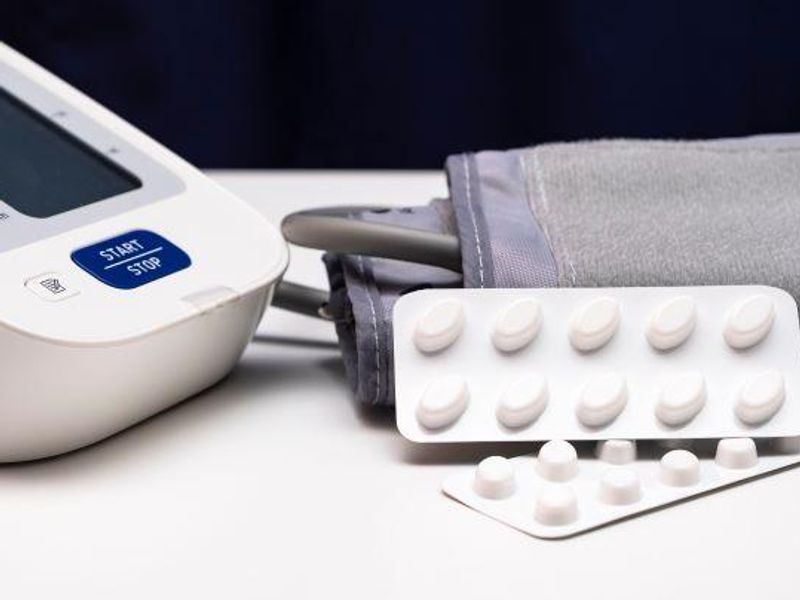WEDNESDAY, Nov. 2, 2022 (HealthDay News) — Antihypertensive treatment is associated with a reduced risk for dementia, according to an individual patient data meta-analysis from randomized clinical trials published online Oct. 25 in the European Heart Journal.
Ruth Peters, Ph.D., from Neuroscience Research Australia in Sydney, and colleagues conducted a pooled individual participant data analysis of five randomized double-blind, placebo-controlled trials to better define the effects of blood pressure (BP)-lowering treatment for prevention of dementia. The contributions of trial medication and changes in systolic and diastolic BP to the risk for dementia were quantified in a mediation analysis. A total of 28,008 individuals recruited from 20 countries were included.
There were 861 cases of incident dementia during a median follow-up of 4.3 years. The researchers found that the adjusted odds ratio was 0.87 for antihypertensive treatment reducing the risk for incident dementia, with a mean BP lowering of 10/4 mm Hg. Similar results were seen in multinomial regression when taking account of death as a competing risk. No effect modification was seen by age or sex. In a mediation analysis, the greater reduction in BP in the actively treated group was associated with a greater decrease in the risk for dementia.
“Our study provides the highest grade of available evidence to show that blood pressure lowering treatment over several years reduces the risk of dementia,” Peters said in a statement. “But what we still don’t know is whether additional blood pressure lowering in people who already have it well-controlled or starting treatment earlier in life would reduce the long-term risk of dementia.”
Several authors disclosed financial ties to the pharmaceutical industry.
Copyright © 2022 HealthDay. All rights reserved.


